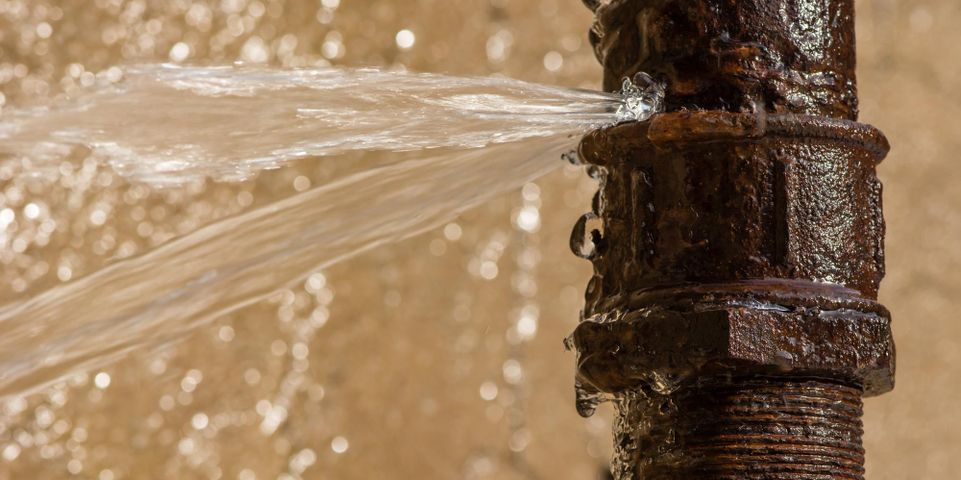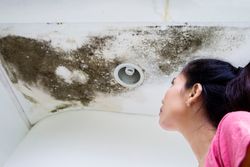
With winter on the horizon, it’s important to understand the effect cold temperatures can have on your pipes. In freezing temperatures, materials and water can expand and contract unpredictably, resulting in burst pipes and plumbing fixtures. Use this guide to learn more about what happens when plumbing systems burst and what you can do to prevent it.
Causes of Burst Pipes
Freezing temperatures are the most common cause of burst pipes in the winter. As temperatures drop, water can freeze inside of the plumbing, expanding as it turns to ice. Too much expansion can place extra pressure on pipe walls, causing cracks to form and joints to separate. Under sufficient strain, pipes can even explode. This is most common in plumbing fixtures in unheated areas of your home, such as attics, garages, or basements.
While freezes can rupture sound pipes, it’s even easier to damage rusted or corroded plumbing due to already weak and decayed materials. Water hammer is also a frequent reason for damage. This occurs during extreme pressure changes in unsecured pipes, causing them to move around and make noise. Excessive hammer can loosen fittings and joints. Too much movement can result in weakened pipes which are susceptible to bursting.
How They Affect Your Home
 Burst water pipes can lead to extensive wiring and insulation damage, warped structural members, and a heightened risk of mold. Wet wiring can cause short circuits, increasing the risk of electrical fires.
Burst water pipes can lead to extensive wiring and insulation damage, warped structural members, and a heightened risk of mold. Wet wiring can cause short circuits, increasing the risk of electrical fires.
Rotten or warped structural beams can lead to sagging and extensive property damage. Even in cold weather, water left in vents, under floorboards, or pooling in hard-to-reach places can quickly turn into colonies of mold and mildew.
Winter Maintenance Prevention Tips
A reliable and inexpensive way to prevent freezing or bursting pipes is by insulating them with foam sleeves or another type of covering. Shut your garage door to prevent cold air from entering the home, and leave cabinets, cupboards, and closets open to allow warmth to circulate and reach the pipes.
If you vacation during colder months, set the thermostat in your home to about 55 degrees to prevent cold temperatures from reaching extreme lows. It may help to leave your faucets dripping if you’ll be away from home for an extended period. This will keep water flowing through the plumbing, reducing pressure and stagnation that can increase the likelihood of freezing.
If you’re dealing with burst water pipes and need help repairing damaged plumbing fixtures, turn to Poletti Plumbing Company, LLC, in Red Bud, IL. These expert plumbers are pleased to offer plumbing repairs and services to homeowners throughout Randolph County. Call (618) 282-2558 to schedule a visit, or find out more about their services online.
About the Business
Have a question? Ask the experts!
Send your question

